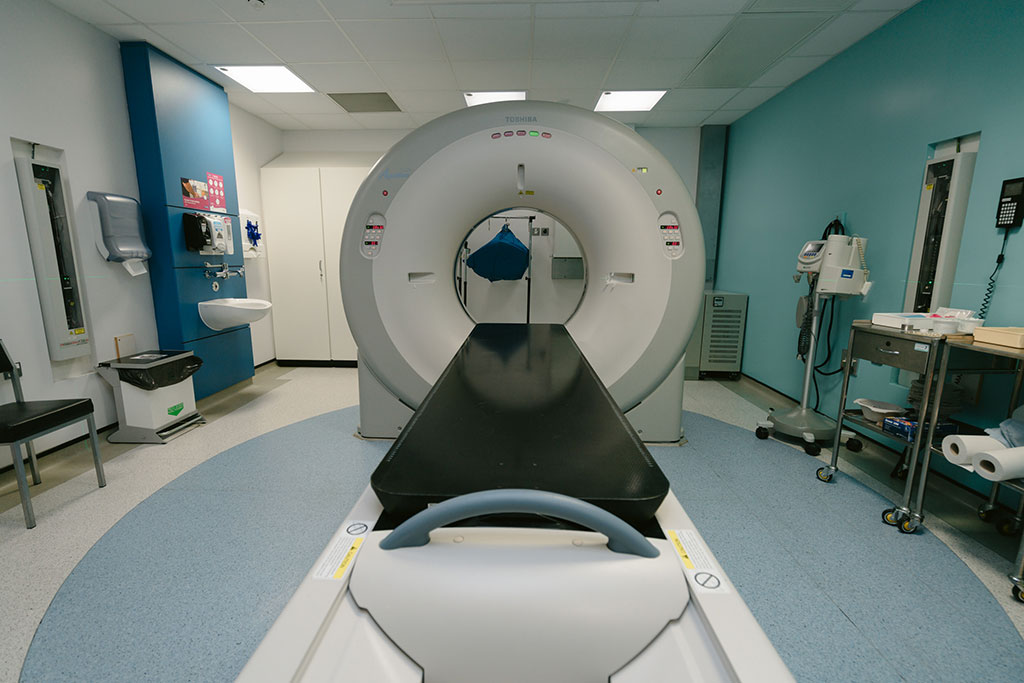Ultrafast MRI Predicts DCIS Upgrade to Invasive Cancer at Breast Surgery
Posted on 10 Feb 2023
Biopsy-proven ductal carcinoma in situ (DCIS) lesions are often upgraded to invasive cancer at surgery. As a result, accurate prediction of the likelihood of invasion can be helpful for surgical planning, including the need to perform sentinel lymph node biopsy (SLNB). Now, a new study has found that ultrafast (UF) MRI provides beneficial information that can be used in surgical planning, including determining the need for SLNB.
In the study, researchers at NYU Langone Health (New York, NY, USA) identified consecutive women with biopsy-proven pure DCIS lesions who underwent UF-MRI with DCE-MRI and had subsequent surgery between August 2019 and January 2021. To determine predictors of upgrade to invasive cancer, the researchers assessed patient and lesion characteristics; biopsy method and pathology; as well as lesion features on mammography, ultrasound, DCE-MRI, and UF-MRI.

Ultimately, at surgery, 38% of lesions diagnosed as DCIS at percutaneous biopsy were upgraded to invasive cancer. Time to enhancement on UF-MRI was associated with upgrade from DCIS to invasive cancer (p=.03) with an optimal threshold of 11 seconds (specificity, 50%; sensitivity, 76%). The researchers suggest that short time to enhancement can assist prediction of lesions diagnosed as DCIS at percutaneous biopsy that will be upgraded to invasive cancer at surgery.
“Preoperative UF-MRI, time to enhancement, and lesion size on conventional dynamic contrast-enhanced (DCE) MRI and mammography show potential in predicting upgrade of ductal carcinoma in situ (DCIS) to invasive cancer at surgery,” wrote first author Rachel Miceli, MD, of NYU Langone Health.
Related Links:
NYU Langone Health




 Guided Devices.jpg)









